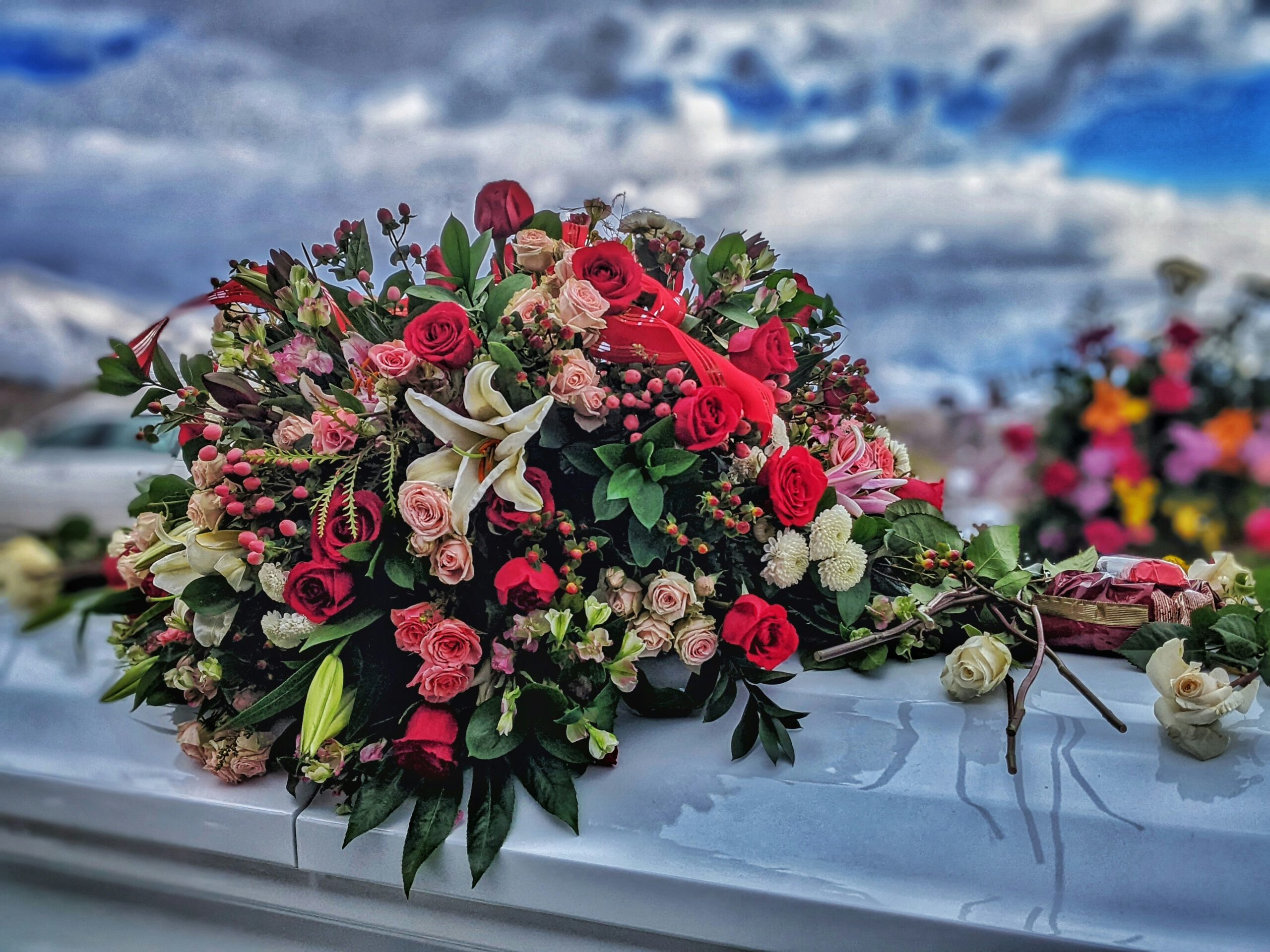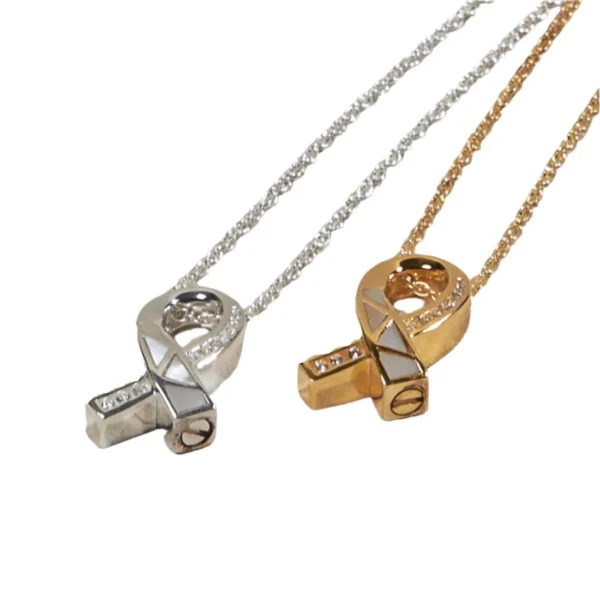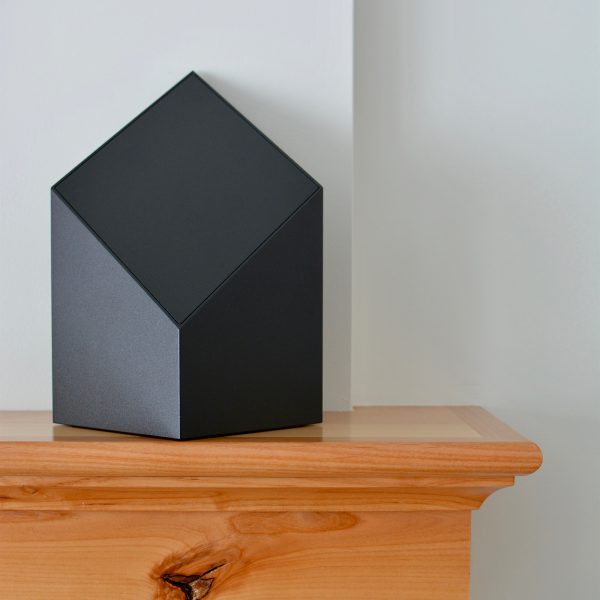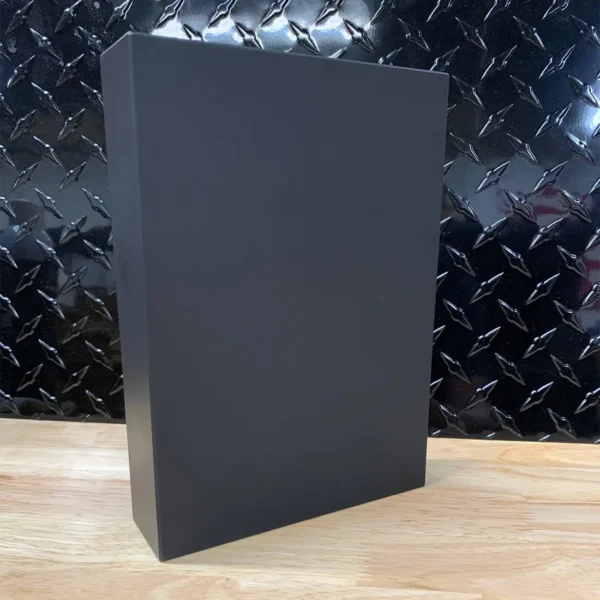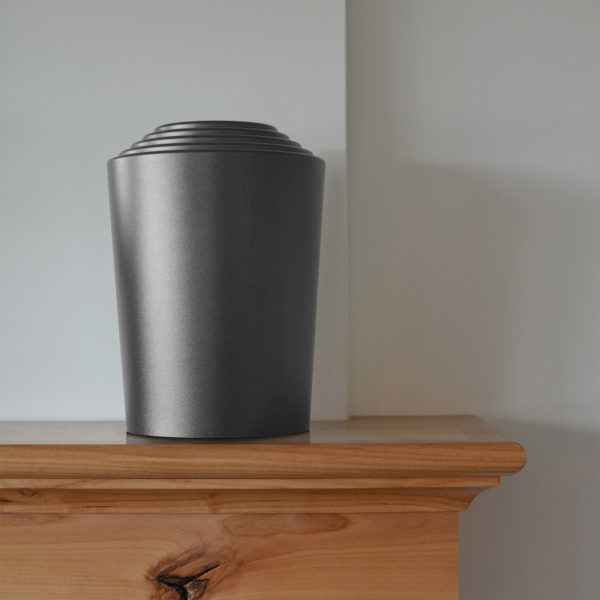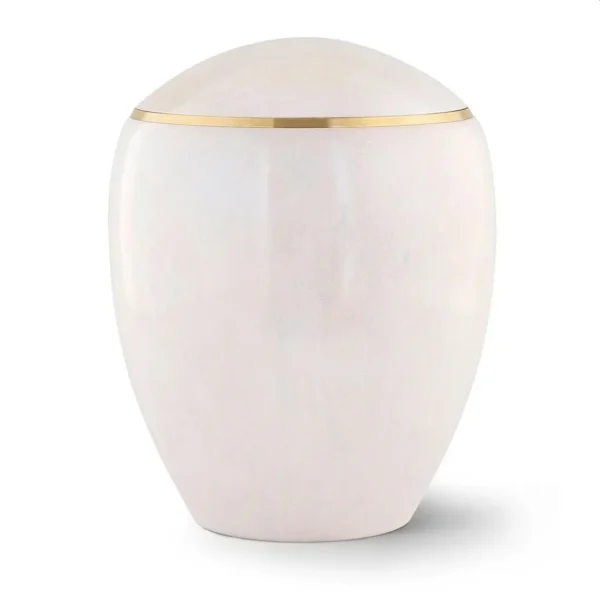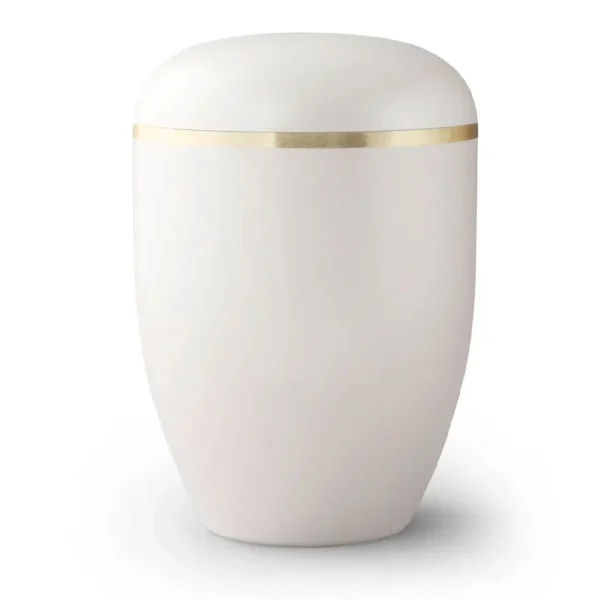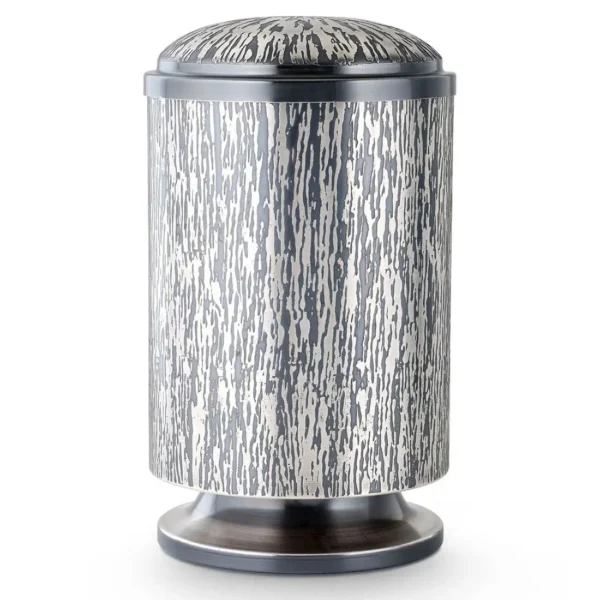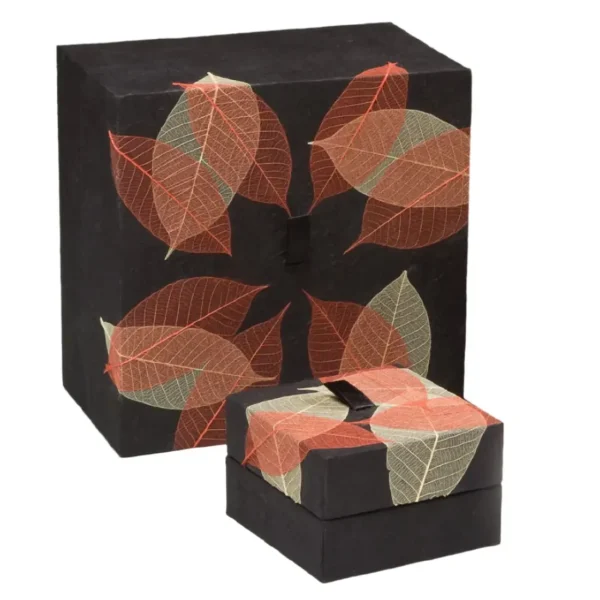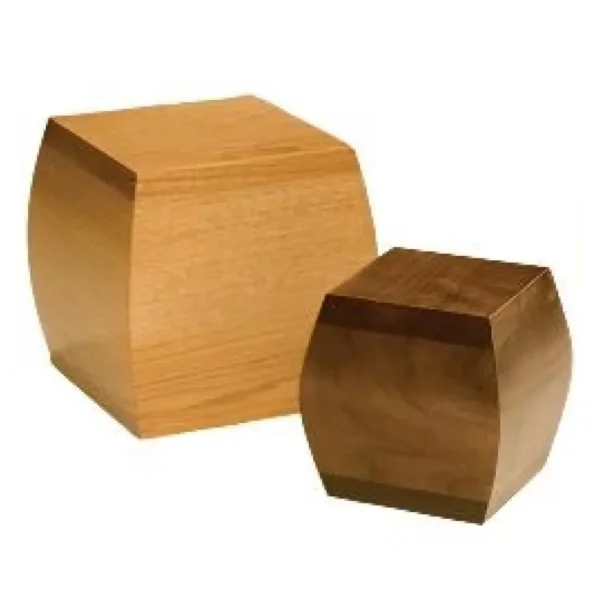When faced with the loss of a loved one, one of the most significant decisions to make is the choice between burial and cremation. Traditional burials typically entail significant expenses revolving around casket costs. The financial implications also extend beyond this initial investment — additional fees such as securing a burial plot and organizing the funeral service, to name a few.
As families navigate these essential arrangements, the costs can quickly escalate, adding to the financial burden associated with a traditional burial. Let’s examine the expenses related to caskets and explore why cremation offers a more affordable and practical alternative for your family.
The Cost of a Casket
The price of a casket can vary widely depending on factors such as material, design, and extra features. Basic caskets made of materials like steel or wood typically start at around $1,500 to $2,000. Mid-range options, crafted from high-quality hardwoods such as oak or mahogany, generally cost between $3,000 and $5,000. Caskets made from bronze or copper can cost upwards of $8,000 for more elaborate options. Additionally, including decorative features, personalized engravings, or specialized interiors can increase the price.
Costs Don’t Stop There
Selecting a casket only marks the first step in the funeral planning process. Unlike cremation, where families can choose to bring their loved one home and bypass formal funeral and memorial services if desired, opting for a casket entails a much larger financial commitment. Beyond the cost of the casket itself, families must also consider burial expenses and additional funeral services.

Traditional Burial Costs
The following financial decision involves selecting an appropriate burial plot, which can vary widely in cost based on factors such as location, cemetery, and plot size.
Single burial plots typically range from $600 to $5,000, with public cemeteries often offering lower prices ($600 – $2,500) than private ones, which can cost upwards of $5,000 to $10,000 or more. Alongside the plot cost, additional fees are associated with opening and closing the grave for burial, which can range from $1,000 to $2,500 or more, depending on the cemetery and location.

Families may also incur expenses for a headstone or grave marker. The price varies based on material, size, and design, typically ranging from $1,500 to $3,000 or more.
Traditional Funeral Costs
Finally, additional costs must be considered for the funeral ceremony, embalming, transportation, and other related services. Depending on the preferences, size, and specific arrangements chosen, these expenses can range from a few thousand dollars to tens of thousands.
Overall, the total cost of a traditional burial can range from $5,000 to $15,000 or more, depending on various factors and individual preferences. As of 2024, the national average for a traditional burial is approximately $8,300.
Why Choose Cremation
Given the significant costs associated with traditional burials, many families are turning to cremation as a more cost-effective option. Cremation eliminates the need for a casket, as the deceased’s remains are respectfully processed in a crematory. This can result in substantial savings compared to the combined expenses of purchasing a casket, burial plot, and associated funeral services.

Cremation is More Affordable
Cremation costs typically range from $1,000 to $3,000, generally less expensive than purchasing a casket and burial plot. Additionally, families can choose from a range of urn options, with prices varying based on material, design, and customization, typically ranging from $500 to $1,500.
Other Considerations for Choosing Cremation
Amidst the emotional toll funeral planning already has on families, opting for cremation brings forth a host of additional advantages worth considering. With its simplified planning process, flexibility, and sustainability, cremation is a more manageable alternative to traditional burial arrangements, offering benefits beyond mere cost savings. By exploring these considerations surrounding cremation, we aim to highlight why it is becoming an increasingly favored choice for end-of-life arrangements.

Simplified Planning Process
Cremation offers a more straightforward planning process than a traditional burial, which involves more logistical considerations. With cremation, there is a need to coordinate grave digging, plot selection, or burial planning, streamlining the process for families during a challenging time. This simplified approach allows families to focus more on the memorialization aspect and less on the practicalities and budgeting of burial arrangements.
Time Efficiency and Flexibility
Choosing cremation also makes for a more time-efficient and flexible option, eliminating the need to wait for a body to be prepared for viewing and burial. With cremation, families can proceed with the celebration of life ceremonies and final disposition without the constraints of a tight timeline. This flexibility allows for more convenient scheduling of funeral services and memorial gatherings, accommodating the preferences and availability of family members and loved ones.
Moreover, the absence of a waiting period for the body allows funeral homes to manage their space better. It alleviates the stress associated with the time constraints of burying the deceased. This grants families more control over the planning process, enabling them to honor and mourn their loved one at the most suitable time, fostering a more meaningful and personalized grieving experience.
Environmental Considerations
Cremation presents notable environmental advantages, such as conserving land resources and space and reducing carbon emissions. By eliminating the requirement for a burial plot and mitigating harmful emissions released into the soil, cremation emerges as a more environmentally friendly alternative to traditional casket burials.
Flexibility in Memorialization
One of the critical advantages of cremation is its flexibility in memorialization options. Families can personalize tributes to reflect the unique life and personality of their loved one, whether through scattering cremated remains in meaningful locations (Minnesota has no laws against this) or keeping them close in decorative urns. Cremation also allows for the portability of remains, providing families with the freedom to choose how, where, and when to memorialize their loved one.
The Benefits of Choosing an Urn
A cremation urn is a constant presence that keeps the memory of your loved one alive and close. Through commemorating and reflecting, we honor those we’ve lost, and urns make this connection more immediate and present in your daily life than burial and headstones.
An urn can be kept in a particular place at home, allowing you to feel your loved one’s presence daily. This ongoing connection offers profound comfort and solace, seamlessly integrating their memory into your daily life. Unlike a burial site, which you might visit only occasionally, an urn is a continuous reminder of the bond you shared, providing constant opportunities for reflection and remembrance. You can make this resting place even more meaningful with customizable options, personalized engravings, and high-quality materials, ensuring a unique and cherished tribute to your loved one.
Final Thoughts
The decision to choose cremation over traditional burial is a deeply personal one that should be made based on individual preferences, beliefs, and financial considerations. While the costs associated with caskets can be substantial, cremation offers a more affordable and flexible alternative that may better align with the needs and wishes of many families. Ultimately, whether you choose cremation or burial, the most important thing is to honor the memory of your loved one in a way that feels meaningful and respectful to you.
